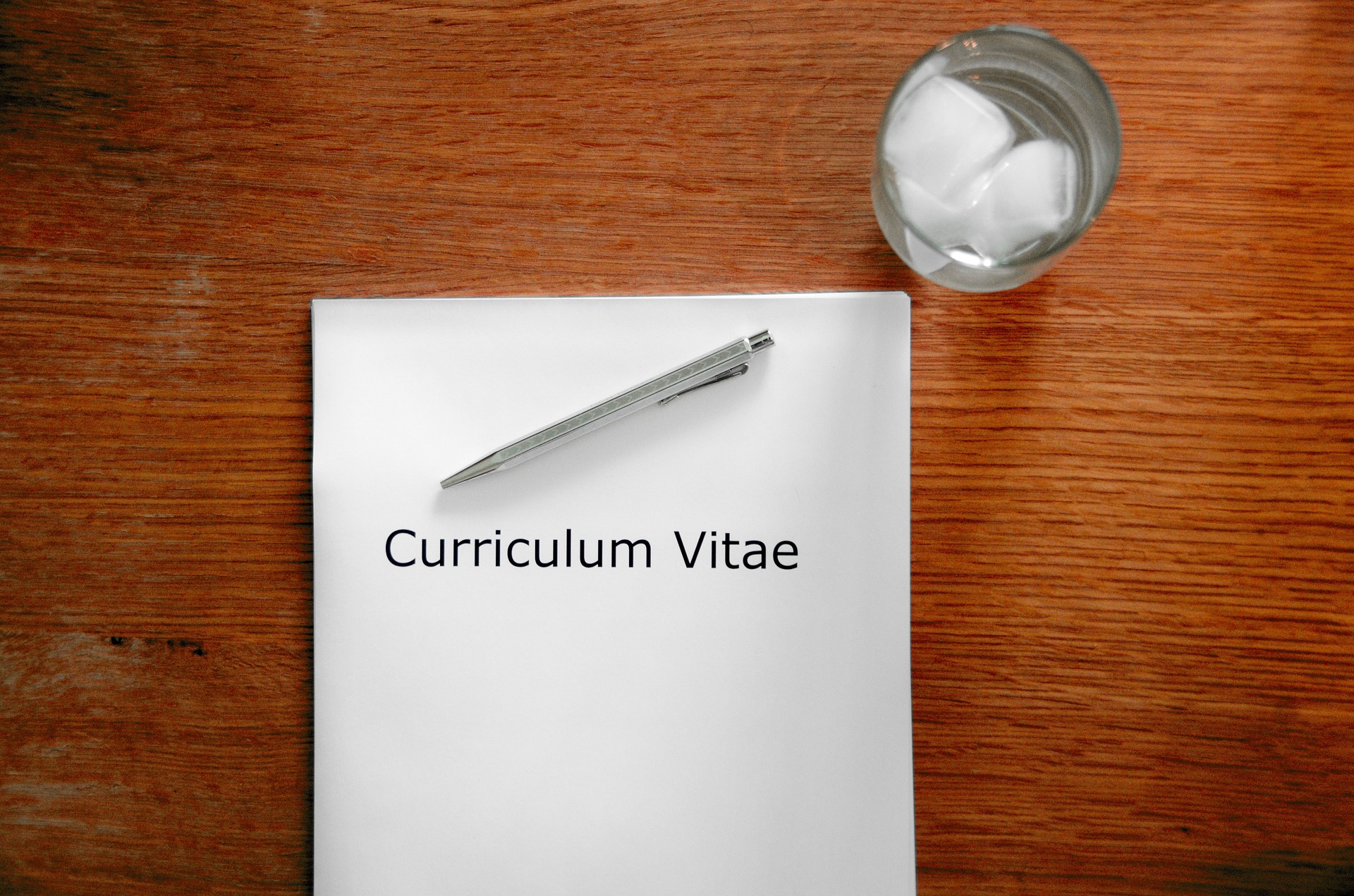By: Zach Jenkins, PharmD, BCPS; Jackie Boyle, PharmD, MS, MBA, BCACP, BCPS; Jesseca Keller, PharmD; Joseph Marchiano, PharmD
A New Normal?
COVID-19 has created an unpredictable environment that has impacted the residency search, application, and interview process.1 The American Society of Health-System Pharmacists has strongly encouraged accredited residency programs to push all application and interview processes into electronic venues.2 As many faculty advisors have already experienced, helping candidates navigate the evolving stream of program recruitment and application information has been complicated. This new era may prove beneficial for candidates by minimizing the need to travel, decreasing costs to the student, and eliminating barriers to attending in-person showcases. As a result, there may be an unusually large applicant pool for this and possibly future residency seasons.Thus, faculty may advise candidates to apply to more programs than typically recommended. While this new normal may be challenging, this is a great opportunity for candidates to display adaptability, clarity of communication, and dedication to pursuing programs.3 In light of this, there are important elements for faculty who are advising candidates to consider during this residency cycle.
Virtual Showcases
Virtual showcase and open house offerings may have disrupted the format of resident recruitment indefinitely. Based on our observations, students may need guidance in managing information and coordinating their time. If the time allotted during a virtual interaction runs short, candidates should consider following up at a later time.
A candidate’s communication in these events may extend to a chatroom. Faculty should remind candidates to:
- Turn off autocorrect features
- Avoid using text messaging slang or images
- Place an asterisk (*) after typing a newly corrected statement
- Limit text to single lines versus breaking up their dialogue over bursts
Standing out in a Virtual Crowd
Written deliverables (e.g., letters of intent) may have greater value in making an impression than ever before. Faculty should encourage candidates to prepare for this cycle by polishing these materials, their professional appearance, and their networking skills to build virtual rapport.4 While uncommon, there have been reports of interviewers asking for candidates to verify professional attire.
Faculty should coach candidates to consider the following:
- Be ready to participate in the virtual meeting no less than 10 minutes before the scheduled start time
- Find a quiet area with ample lighting and minimal distractions or interruptions
- Use purposeful eye contact by focusing on their camera
- Keep gestures within camera view
- Practice screen sharing functionality for video-conference presentations
- Set their username to match first and last name, and consider adding college, graduation year, or current position
In addition, faculty could conduct mock virtual interviews — possibly over more than a single software platform as appropriate. Peer to peer advising could be used as an alternative means of practice.
Lights, Camera, Action
Technical difficulties could influence a candidate’s success during interviews. Candidates should check their device prior to an interaction to verify adequate lighting, camera positioning, background professionalism, and microphone clarity. Interviewees should also ensure that all other applications are minimized or closed, alert notifications are disabled, and any unnecessary tabs are closed before screen sharing.
If using a mobile device, care should be taken to avoid blocking the device’s microphone; using a compatible tripod can limit these issues. Based on the limitations to the camera view and angle, it is possible that some individuals may be present off-camera throughout the experience. Candidates should maintain professionalism at all times when on-screen — even when there are no visible participants.
Faculty should remind candidates to ensure that their device is set to never “fall asleep”, no software updates will occur during the interview, and the physical set-up takes into account the need for the device to be plugged in. If an outlet isn’t accessible, candidates should ensure that their devices are fully charged. Faculty should stress that all relevant software be updated and tested prior to use.5. The college may consider providing candidates with professional-grade backgrounds to use as their virtual backdrop during interviews. Faculty should encourage candidates to test each software platform during a similar time of day as their planned event or interview to validate that their connection quality is stable. Candidates should be advised to have the program’s contact information at-hand in the event of an unexpected issue.
A New Frontier in Residency Preparation
While the future can’t be predicted, COVID-19 may have forever altered the residency application and interview landscape. However, this new residency “normal” doesn’t have to be bad. Candidates may now highlight a different set of technical skills and spend more time engaging with programs than before. Faculty should encourage their students to take advantage of this unique opportunity to showcase themselves in this new light.
References:
- Persky AM, Fuller KA, Jarstfer M, Rao K, Rodgers JE, Smith M. Maintaining Core Values in Postgraduate Programs During the COVID-19 Pandemic. Am J Pharm Educ. 2020 Jun;84(6):ajpe8158.
- American Society of Health-System Pharmacists. COVID-19 Resource Center. Pandemic Effects on Residency Programs. October 16, 2020.
- Westlake J. What you need to know about remote hiring during COVID-19. The Muse. 2020.
- Fouda A. Introducing The Zoom interview: tips for job hunting during the coronavirus pandemic. Nature. May 29, 2020.
- Medina, C., 2020. Four tips for interviewing, landing a new job during COVID-19. Rutgers Today. April 3, 2020.
Author Bio(s):

Zach Jenkins is the Coordinator of Student Professional Development and an Associate Professor of Pharmacy Practice at Cedarville University School of Pharmacy. In addition to his academic responsibilities, he also serves as a clinical specialist in infectious diseases at Atrium Medical Center. Educational scholarship interests include professional development, active learning pedagogies, and simulation training. In his free time, Zach enjoys spending time with his family, long-distance hiking, backpacking, and playing board games.
Jaclyn Boyle is an Associate Professor of Pharmacy Practice at Northeast Ohio Medical University. Educational scholarship interests include professional development, preparing learners for careers in academia, and evaluating novel teaching and assessment methods. Jaclyn is very active in professional pharmacy organizations. In her free time, Jaclyn enjoys spending time with her family & friends, spinning, and yoga.


Jesseca Keller is a population health clinical pharmacist at Summa Health and a clinical assistant professor of pharmacy practice at Northeast Ohio Medical University. Educational scholarship interests include assessment of student outcomes and interprofessional education. In her free time, Jesseca enjoys traveling, playing trivia and spending time with friends and family.
Joe Marchiano is a PGY-2 Internal Medicine & Academia Resident at University Hospitals Geauga Medical Center and a Clinical Instructor of Pharmacy Practice at Northeast Ohio Medical University. His educational scholarship interests include optimizing the delivery as well as the assessment of content, internal medicine, and infectious disease. Joe enjoys participating in outdoor activities, playing board games, and exploring music with friends and family.

Pulses is a scholarly blog supported by a team of pharmacy education scholars
